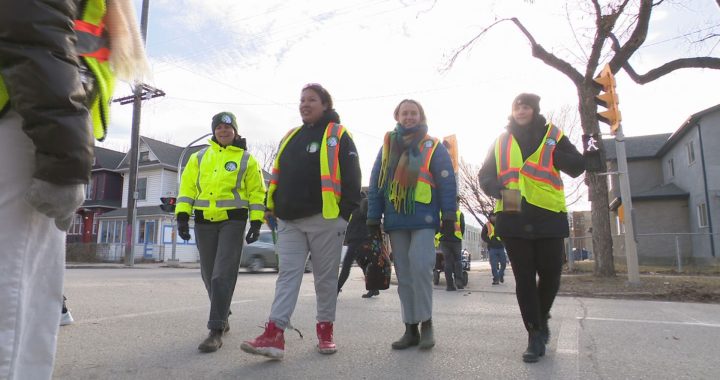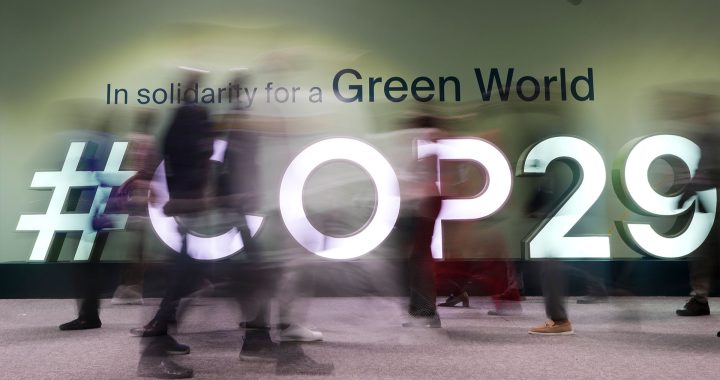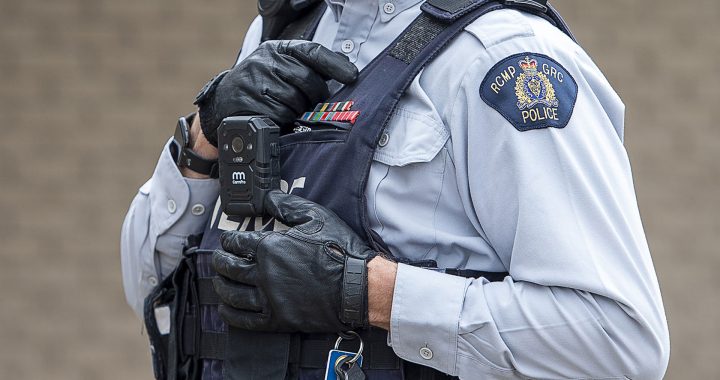The Trudeau government has tabled legislation to create an Indigenous-led independent body that will monitor progress on the Truth and Reconciliation Commission’s 94 calls to action.
The National Council for Reconciliation builds upon calls to action 53 to 56.
“It’s obvious that Canada shouldn’t be in a position of grading itself and assessing how it’s doing and this is a commission that will have that independence,” Crown-Indigenous Relations Minister Marc Miller says.
“Headed up by a group of well accomplished Indigenous people. With the opportunity for national Indigenous organizations each to propose one member and really continue to hold Canada to account on a number of the truth and reconciliation calls.”
The 2019 budget sets aside $126.5 million for the council.
Last year, the government appointed a transitional committee as a precursor to the National Council for Reconciliation.
This interim committee consists of former TRC commissioner Wilton Littlechild, Métis Nation of Ontario provisional councillor Mitch Case, Val-D’Or Native Friendship Centre executive director Edith Cloutier and Pauktuutit Inuit Women of Canada interim executive director Rosemary Cooper.
Once the council is fully up and running, all levels of government will be required to submit any requested data to show progress on reconciliation as set out in call to action 55.
The prime minister will also be required to respond to National Council for Reconciliation findings in an annual “State of Aboriginal Peoples” report as required by call to action 56.
Miller says another of the council’s key functions will be to establish trust between the government and Indigenous peoples and organizations.
“This is a mechanism where people can look to it and see it as impartial, led by Indigenous groups. We stand in places that have a heavy colonial construct to them. And I think that Indigenous groups look with heavy skepticism and mistrust upon places like this (Parliament). This institution is not only a transparency and accountability mechanism but a trust-building mechanism by people who aren’t beholden to the comings and goings of the Senate and House of Commons.”
Bill C-29 was one of the last pieces of legislation the government put forward before Parliament adjourned for the summer on Thursday.
The Crown-Indigenous Relations minister says they hope to have the legislation passed and in place sometime in the fall when the House of Commons resumes.









